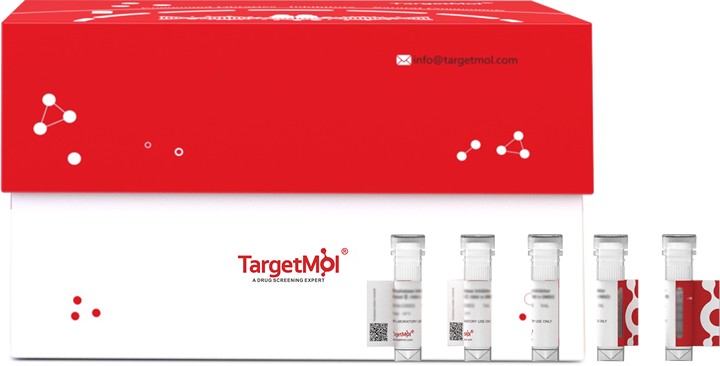Shopping Cart
- Remove All
 Your shopping cart is currently empty
Your shopping cart is currently empty

Major role in the synthesis of nucleoside triphosphates other than ATP. The ATP gamma phosphate is transferred to the NDP beta phosphate via a ping-pong mechanism, using a phosphorylated active-site intermediate. Required for repair of UV radiation- and etoposide-induced DNA damage. NDPK Protein, S. cerevisiae, Recombinant (His) is expressed in yeast with N-6xHis tag. The predicted molecular weight is 19.2 kDa and the accession number is P36010.

| Pack Size | Price | Availability | Quantity |
|---|---|---|---|
| 20 μg | $397 | 20 days | |
| 100 μg | $845 | 20 days | |
| 500 μg | $1,950 | 20 days |
| Biological Activity | Activity has not been tested. It is theoretically active, but we cannot guarantee it. If you require protein activity, we recommend choosing the eukaryotic expression version first. |
| Description | Major role in the synthesis of nucleoside triphosphates other than ATP. The ATP gamma phosphate is transferred to the NDP beta phosphate via a ping-pong mechanism, using a phosphorylated active-site intermediate. Required for repair of UV radiation- and etoposide-induced DNA damage. NDPK Protein, S. cerevisiae, Recombinant (His) is expressed in yeast with N-6xHis tag. The predicted molecular weight is 19.2 kDa and the accession number is P36010. |
| Species | Saccharomyces cerevisiae |
| Expression System | P. pastoris (Yeast) |
| Tag | N-6xHis |
| Accession Number | P36010 |
| Synonyms | YNK1,Nucleoside diphosphate kinase |
| Amino Acid | MSSQTERTFIAVKPDGVQRGLVSQILSRFEKKGYKLVAIKLVKADDKLLEQHYAEHVGKPFFPKMVSFMKSGPILATVWEGKDVVRQGRTILGATNPLGSAPGTIRGDFGIDLGRNVCHGSDSVDSAEREINLWFKKEELVDWESNQAKWIYE |
| Construction | 1-153 aa |
| Protein Purity | > 85% as determined by SDS-PAGE. |
| Molecular Weight | 19.2 kDa (predicted) |
| Endotoxin | < 1.0 EU/μg of the protein as determined by the LAL method. |
| Formulation | Tris-based buffer, 50% glycerol |
| Reconstitution | A Certificate of Analysis (CoA) containing reconstitution instructions is included with the products. Please refer to the CoA for detailed information. |
| Stability & Storage | Lyophilized powders can be stably stored for over 12 months, while liquid products can be stored for 6-12 months at -80°C. For reconstituted protein solutions, the solution can be stored at -20°C to -80°C for at least 3 months. Please avoid multiple freeze-thaw cycles and store products in aliquots. |
| Shipping | In general, Lyophilized powders are shipping with blue ice. Solutions are shipping with dry ice. |
| Research Background | Major role in the synthesis of nucleoside triphosphates other than ATP. The ATP gamma phosphate is transferred to the NDP beta phosphate via a ping-pong mechanism, using a phosphorylated active-site intermediate. Required for repair of UV radiation- and etoposide-induced DNA damage. |

Copyright © 2015-2025 TargetMol Chemicals Inc. All Rights Reserved.